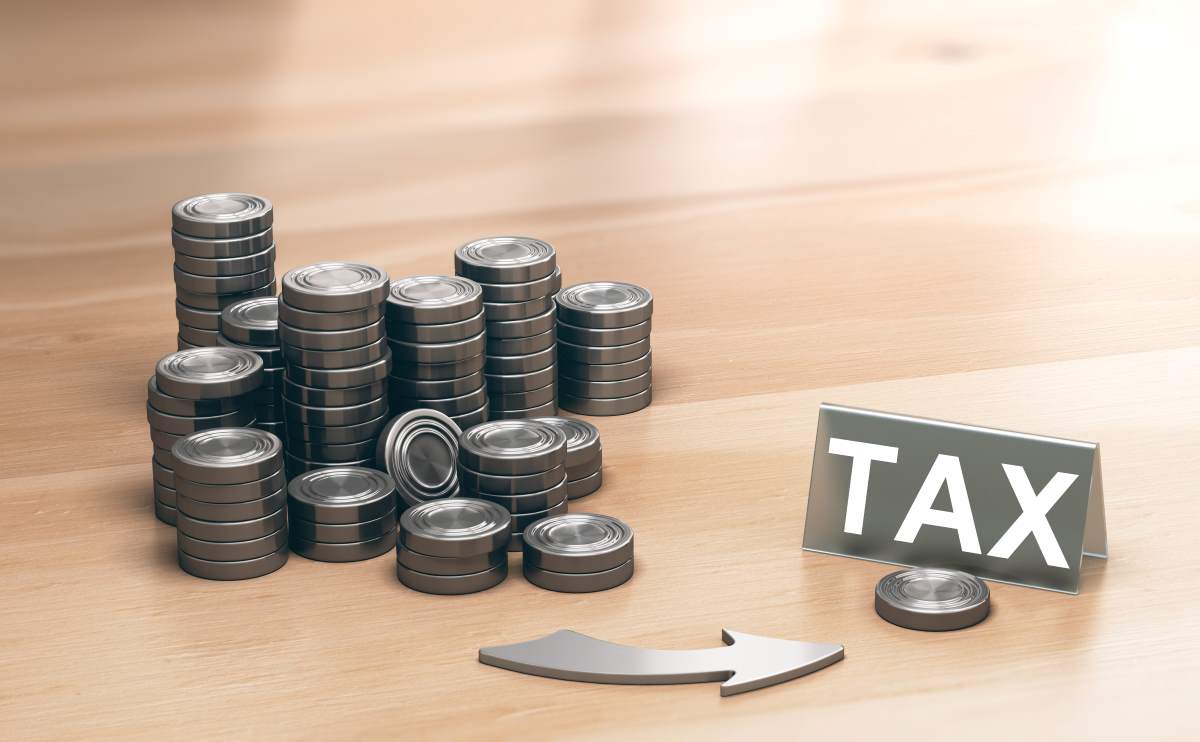2. Basic Exemption Limit Under New Tax Regime
The Budget 2025 hiked the basic exemption limit by ₹1 lakh. From April 1, 2025, the basic exemption under the new tax regime is ₹4 lakhs, which was ₹3 lakhs for all individual taxpayers, irrespective of age.
It implies that from FY 2025-26, individuals opting for the new tax regime will not have to pay any tax if their income from all sources is up to ₹4 lakhs in a financial year.
3. Higher Tax Rebate Under Section 87A
Under Budget 2025, individuals do not have to pay any tax if they have an annual income of up to ₹12 lakhs (after claiming all the eligible deductions) under the new tax regime, in a given financial year. Earlier this rebate was up to ₹7 lakhs.
Thus, as per the latest changes in income tax, taxpayers can enjoy a tax rebate under Section 87A where they can claim a tax rebate of up to ₹60,000. So, they need not invest in tax-saving instruments as their entire income up to ₹12 lakhs would be tax-free.
4. Tax Relief on Second Self-occupied House
From April 1, 2025, both self-occupied properties will be tax-free. This means there will be no tax on notional rental income.
Previously, only one self-occupied house was treated as tax-free, while the second house was taxed based on its notional rental value.
5. Changes in TDS and TCS
The recent tax updates have further simplified the application of TDS and TCS as follows:
- The TDS threshold on rental income has been increased from ₹2.4 lakh to ₹6 lakh per year to provide relief to small landlords. However, this is applicable only when rental payments exceed ₹50,000 per month.
- The TDS limit (for taxpayers up to 60 years of age) for interest income from bank FD has been hiked to ₹50,000, which earlier was capped at ₹40,000.
- The TCS exemption limit on Liberalized Remittance Scheme (LRS) transactions has also been raised from ₹7 lakh to ₹10 lakh. It aims to boost outbound tourism, education, and the airline sectors.
6. For Senior Citizens
Budget 2025 also proposed changes to provide relief to senior citizen taxpayers; here’s how:
- For senior citizens, the TDS limit for interest income from bank FD, RD, etc., is doubled. From April 1, 2025, the interest income will only be taxed if the total amount in their bank is more than ₹1 lakh in a financial year. This means if a senior citizen's interest income is below ₹1 lakh, then no TDS will be applied.
- From August 29, 2024, withdrawals from old National Savings Scheme (NSS) accounts will not be taxed.
7. Tax Deduction in NPS Vatsalya Accounts
Budget 2025 increased the tax deduction amount up to ₹50,000 under Section 80CCD (1B) for contributions to NPS Vatsalya accounts over and above the benefit of the existing ₹1.5 lakh tax benefits available to regular NPS accounts.
Thus, the maximum deduction limit is ₹2 lakhs under Section 80CCD(1) + Section 80CCD(1B)
8. ULIP Taxation Changes
From FY 2025-26, ULIPs with annual premiums more than ₹2.5 lakh or exceeding 10% of the policy value will now be taxed as capital gains instead of income from other sources. So, ULIPs held for more than a year will be treated as long-term capital gains (LTCG) and will be taxed at 12.5%.
Earlier, ULIPs were taxed as income from other sources at a high of 30%.
9. ITR Last Date Extended
Budget 2025 extended the date of filing updated Income Tax Returns (ITR). Taxpayers will now have 4 years to file an updated ITR, instead of 2 years previously. This aims to provide more time for individuals to correct errors and disclose missed income.




















